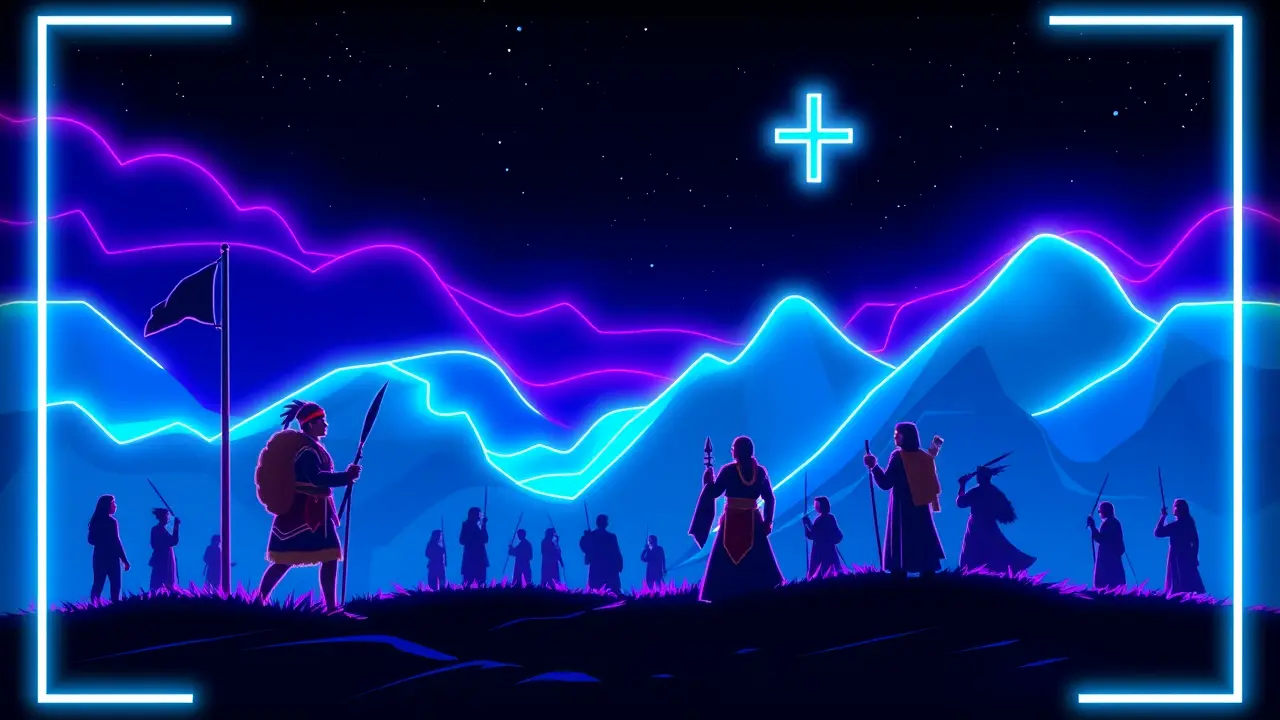Trump Reinstates Columbus Day, Sparks Debate on Indigenous Peoples
In a move that feels less like a policy decision and more like a deliberate cultural provocation, the reinstatement of Columbus Day as a national holiday by the former president has ripped open a historical wound that many had hoped was beginning to heal. This isn't merely about a date on a calendar; it's a profound statement about whose history gets honored and whose pain gets sidelined in the American narrative.To understand the gravity of this, we must look beyond the surface-level political theater and into the deeply personal impact on Indigenous communities for whom Christopher Columbus is not an intrepid explorer but the architect of a genocidal legacy that began with his arrival in the Americas in 1492—a legacy of land theft, forced labor, and disease that decimated populations and systematically dismantled cultures. The celebration of this figure is, for them, a continuous re-traumatization, a state-sanctioned validation of their historical subjugation.Contrast this with the powerful, grassroots momentum behind Indigenous Peoples' Day, which has been adopted by numerous states and cities as a corrective, a day not of conquest but of resilience, a celebration of the rich, diverse cultures that thrived for millennia before European contact and which continue to fight for sovereignty and recognition today. This debate is a microcosm of the larger, ongoing struggle over America's soul, a battle between a traditional, often whitewashed, historical narrative and a more inclusive, albeit uncomfortable, reckoning with the nation's foundational sins.It echoes the same tensions we see in debates over monument removal and school curricula—who controls the story? From a feminist and social policy perspective, this decision is particularly telling, as it prioritizes a patriarchal, colonialist symbol of domination over a day that centers the voices and experiences of marginalized peoples, effectively silencing their narrative in the public square. The personal impact on Indigenous leaders, many of whom are women at the forefront of this movement, cannot be overstated; it's a dismissal of their lived reality and their ancestors' suffering.The political strategy behind the reinstatement is transparent—it’s a calculated appeal to a specific base that views such cultural battles as central to their identity, a nostalgic return to a mythologized past. Yet, the consequences are far from symbolic.This action galvanizes opposition, deepens societal divisions, and sends a clear message to Native communities about their place in the current political landscape. It undermines years of painstaking advocacy and education, forcing a retrenchment of defensive efforts rather than allowing for forward-moving reconciliation.The international community, particularly through UN mechanisms focused on indigenous rights, often looks on at such American domestic disputes with a critical eye, seeing them as a measure of the nation's commitment to human rights and pluralism. Ultimately, this is more than a holiday; it's a litmus test for empathy, for historical accuracy, and for the nation's willingness to build a future that honestly confronts its past, rather than one that continues to glorify its most painful chapters.
JA
Jamie Larson123k2 days ago
wait what i thought we were moving past this smh feels like a step back tbh
0
JA
Jamie Larson123k2 days ago
been following this issue for years and smh we're still having this exact same debate feels like we're just going backwards
0
